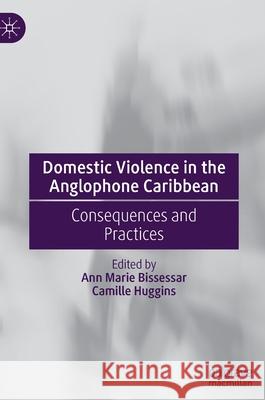Domestic Violence in the Anglophone Caribbean: Consequences and Practices » książka
topmenu
Domestic Violence in the Anglophone Caribbean: Consequences and Practices
ISBN-13: 9783030884758 / Angielski / Twarda / 2022 / 284 str.
Domestic Violence in the Anglophone Caribbean: Consequences and Practices
ISBN-13: 9783030884758 / Angielski / Twarda / 2022 / 284 str.
cena 603,81
(netto: 575,06 VAT: 5%)
Najniższa cena z 30 dni: 539,74
(netto: 575,06 VAT: 5%)
Najniższa cena z 30 dni: 539,74
Termin realizacji zamówienia:
ok. 22 dni roboczych.
ok. 22 dni roboczych.
Darmowa dostawa!
Kategorie:
Kategorie BISAC:
Wydawca:
Springer Nature Switzerland AG
Język:
Angielski
ISBN-13:
9783030884758
Rok wydania:
2022
Ilość stron:
284
Waga:
0.49 kg
Wymiary:
21.01 x 14.81 x 1.75
Oprawa:
Twarda
Wolumenów:
01
Dodatkowe informacje:
Wydanie ilustrowane











